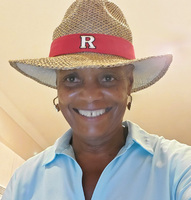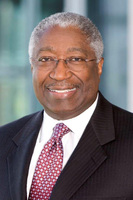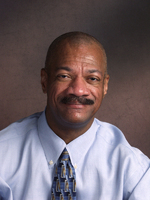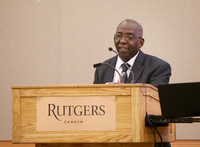Black Voices at Rutgers is a portal that helps you discover African American oral history interviews with a focus on Rutgers and life in New Jersey.
The process of indexing oral history collections from multiple Rutgers repositories is ongoing. Check out the Collections page to learn about the interviews that have been integrated into this portal.
How to find an interview
There are five methods to begin your research:
Keyword Search: Simply type a name or keyword into the search bar at the top of this page and hit the “Search” button. Or use Advanced Search to search specific fields.
Collections: The Collections page provides an overview of various oral history projects and allows you to browse interview abstracts by collection.
Subject Index: Check out the Subjects page to see an alphabetical list of organizations, schools, occupations, and themes mentioned in the oral histories.
Places Index: The interviewee's birth place, location of the recording, and other places mentioned in the interview are added to the Places index. Once you click on a location, you will see a list of all relevant interviews.
Browse Names and Affiliations: Use the People page to browse all interviews by name. This page allows you to filter interviews by the following criteria:
- Collection, i.e. the project that collected and preserved the interview.
- Group, such as Rutgers alumni, faculty, administration, or non-affiliated interviewees. (Non-affiliated interviewees are African Americans who did not study or work at Rutgers University, but who granted interviews to Rutgers historians; they are typically past or present New Jersey residents who share their perspectives on Black life in New Jersey.)
- Graduating class, relevant for alumni.
- Rutgers campus (New Brunswick, Newark, Camden) or Rutgers school, such as Douglass College, Graduate School of Education, School of Engineering, and so on.
A sorting feature at the top of the People page allows you to arrange the results by last name, graduating class, or birth year.
How to access the transcript or audio
Once you find the interview you want, click on the interview title or portrait to access interview details in our catalog. Below the interview description, you will see a section marked Transcript, Audio, or Video with a link. Click the link to access the transcript or recording of the interview. Some interviews provide both a recording and a transcript, while others only provide one or the other.
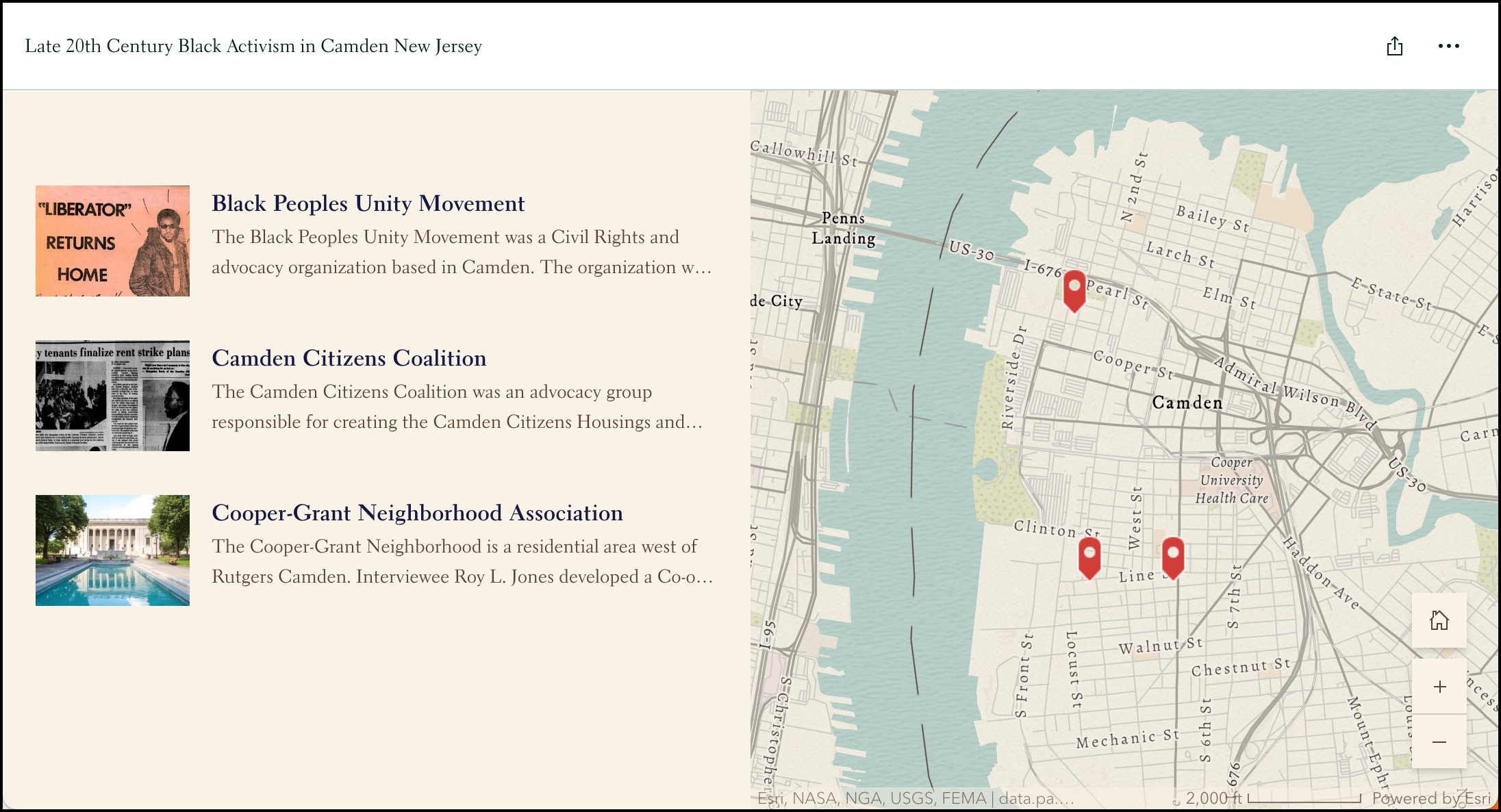
Showcasing Student Work
Our Undergraduate Research Assistant Madison Griffin contributed to the Black Voices at Rutgers website and created a series of digital maps based on interviews recorded by the Black Camden Oral History Project. Check out Madison's mapping project: Late 20th Century Black Activism in Camden New Jersey.

